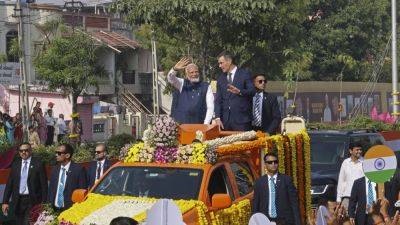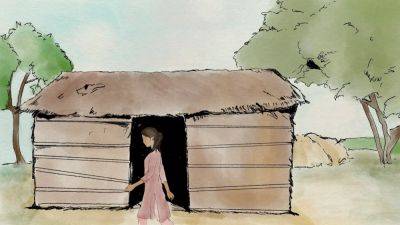The Curious Case of a Temple Sweet: How Food Increasingly Divides India
It was a sensational charge in a country where food is yet another marker of political, religious and caste divides.
For centuries, the Tirupati temple in the south Indian state of Andhra Pradesh has given laddu, a ball-shaped sweet, to devotees. The temple is the richest Hindu holy site in the world, with revenues each year of hundreds of millions of dollars, and it is spending about a million dollars a month just on ghee to fry the laddu in, according to M.K. Jagadish, an official at a state-owned dairy.
Last month, the state’s newly elected chief minister, a Hindu named N. Chandrababu Naidu, accused his Christian predecessor of allowing the temple’s laddu to be made in ghee, a clarified butter, that was adulterated with other animal fats. A majority of the temple’s devotees are vegetarian; Mr. Naidu’s allegation called into question the sanctity of the temple itself.
The case of the temple sweet shows how India’s food cultures have become increasingly politicized. In a nation where cows are viewed as sacred by most Hindus, many states have banned the slaughter of cows and made the transportation of beef a punishable offense. In some, even the cooking of eggs has drawn official condemnation. Restaurants are closely monitored for any mixing of vegetarian and nonvegetarian food. Some states have ordered the owners of food stalls to display their names clearly so consumers are aware of their religious and caste identity.
Cultural sensitivities surrounding food are not new in India. The Indian Rebellion of 1857 against the British was ignited by allegations that rifle cartridges, which had to be manually loaded by biting off the end, were greased in beef tallow and pig fat, antagonizing both Hindu and Muslim soldiers in







